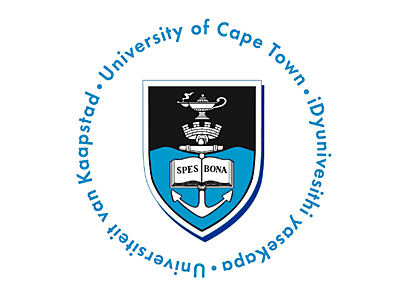Background
Another key development during this period was the admission of women. In 1886 the Professor of Chemistry, Paul Daniel Hahn, convinced the Council to admit 4 women into his chemistry class on a trial basis. Owing to the exceptional standard of work by the women students, the College decided to admit women students permanently in honour of Queen Victoria's Diamond Jubilee in 1887.
The years 1902 to 1918 saw the establishment of the Medical School, the introduction of engineering courses and a Department of Education.
UCT was formally established as a university in 1918, on the basis of the Alfred Beit bequest and additional substantial gifts from mining magnates Julius Wernher and Otto Beit. The new university also attracted substantial support from well-wishers in the Cape Town area and, for the first time, a significant state grant.
In 1928, the university was able to move the bulk of its facilities to the magnificent site at Groote Schuur on the slopes of Devil's Peak. It was here, on land bequeathed to the nation by Cecil John Rhodes as the site for a national university, that UCT celebrated its centenary the following year.
Sign in to add your comment.
Suggested Pages
Quick Review
Enrolment
22,500
Type
Non-profit
Funding
Public-private partnership
Languages
English
Acceptance rate
51%
Highest Degree
Doctorate
- 252 of 14.160 in the World
- 1 of 1,103 in Africa
